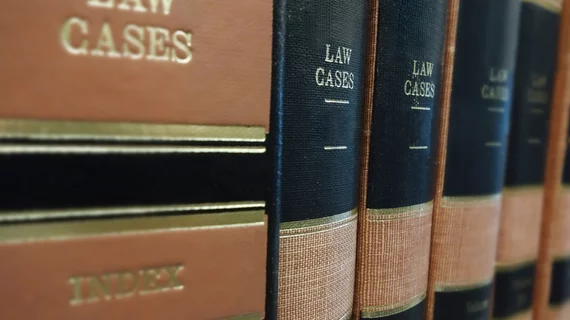Purdue Pharma prepares for bankruptcy
Purdue Pharma, the maker of popular opioid OxyContin, is preparing to file for bankruptcy before the end of September if the company doesn’t reach a settlement over thousands of lawsuits against the company for its role in the opioid abuse epidemic, Reuters reported, citing people familiar with the matter.
The news comes just after it was reported a settlement with Purdue Pharma was fetching between $10 billion and $12 billion. The settlement would close the thousands of lawsuits against the pharma company and also extradite the Sackler family as the owners.
Purdue Pharma has become the face of blame for many of the thousands of opioid overdose deaths in the U.S., and OxyContin has handed the Sacklers billions in profits. The company and the Sacklers have denied accusations that their actions and marketing tactics helped fuel the U.S. opioid crisis. In 2018, 68,000 people died from opioid overdose.
The company is prepared to file Chapter 11 bankruptcy “at a moment’s notice,” Reuters reported. A federal judge on the settlement case wants 35 state attorneys general to sign off on the deal, though some states have reportedly opposed it.
See the full story below:

